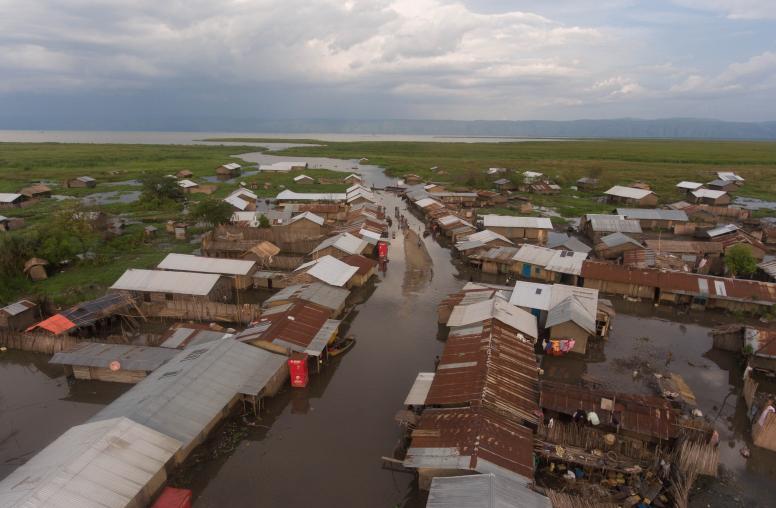Peace Agreements: Democratic Republic of the Congo (DRC)-Uganda
Peace Agreements Digital Collection
Agreement Between the Governments of the Democratic Republic of the Congo and the Republic of Uganda on Withdrawal of Ugandan Troops from the Democratic Republic of the Congo, Cooperation and Normalisation of Relations Between the Two Countries
(09-06-2002)
Posted by USIP Library on: March 6 2003
Source Name: U.S. Department of State, Office of Central Africa Affairs, Washington, D.C.
Date faxed: December 12 2002
Annex A: Plan for the Implementation of the Agreement Between the Governments of the Democratic Republic of Congo and the Republic of Uganda on the Withdrawal of Ugandan Troops from the Democratic Republic of Congo, Cooperation and Normalisation of Relations Between the Two Countries
(09-06-2002)
Posted by USIP Library on: March 6 2003
Source Name: Uganda Embassy, Washington, D.C.
Date faxed: December 13 2002
Final Communiqué
(09-06-2002)
Posted by USIP Library on: March 6 2003
Source Name: Uganda Embassy, Washington, D.C.
Date faxed: December 13 2002



